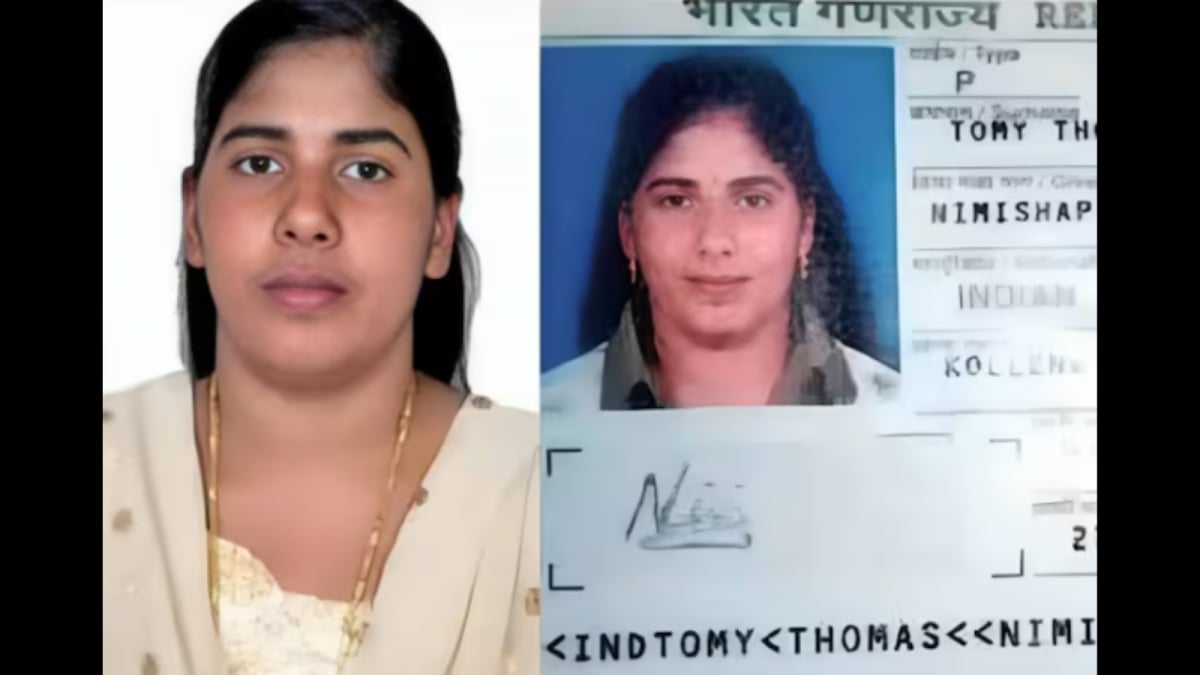 |
|
The case of Nimisha Priya, an Indian nurse convicted of the murder of Yemeni businessman Tallal Abdo Mahdi, continues to be a complex and emotionally charged issue. Recent claims suggesting that Priya's death sentence had been overturned have been met with strong opposition from the Mahdi family, specifically Tallal’s brother, Abdul Fattah. These claims, allegedly originating from the office of Musaliyar, the Grand Mufti of India, were swiftly refuted as baseless and an attempt to manipulate public opinion. This denial underscores the ongoing grief and determination of the Mahdi family to seek justice for their loss. The situation is further complicated by the legal framework of Yemen, where Sharia law plays a significant role, particularly in cases of murder. Under this system, the victim's family holds the power to pardon the convict in exchange for blood money, a financial compensation paid to the family. However, the Mahdi family has consistently maintained that they have not agreed to any such arrangement and remain steadfast in their demand for the full enforcement of the qisas verdict, which, in this case, is the death penalty. Abdul Fattah Mahdi’s vehement rejection of the pardon claims highlights the family’s deep-seated conviction that justice must be served. He criticizes individuals who he believes are attempting to exploit the tragedy for their own gain, referring to them as “preachers who claim to speak in the name of religion.” His statement emphasizes the family's exclusive right to make decisions regarding the case, stating, “If any decision is to be made, we are the ones who will make it.” The emotional weight of the crime is further emphasized by Abdul Fattah's description of the brutal nature of Tallal’s murder. He reminds the public of the horrific details, describing the act as the “unjust slaughter, mutilation, tear apart, and thrown into a water tank” of Tallal’s body. This vivid and disturbing imagery serves to reinforce the severity of the crime and the family's unwavering belief that the perpetrator should face the ultimate consequence. The situation is also politically sensitive, given the international attention the case has garnered and the diplomatic efforts to secure Priya's release or a commutation of her sentence. The Indian government has been actively involved in trying to negotiate a settlement with the Mahdi family, but these efforts have so far been unsuccessful. The case has also raised questions about the legal rights of expatriates in foreign countries and the challenges they face when accused of crimes under different legal systems. The complexities of the case are further compounded by the ongoing civil war in Yemen, which has created a volatile and unpredictable environment. The war has made it difficult to access reliable information and has also complicated efforts to negotiate with the Mahdi family. Despite these challenges, the Indian government remains committed to providing Priya with legal assistance and advocating for her rights. The case serves as a stark reminder of the complexities and challenges involved in international legal disputes, particularly when they involve sensitive cultural and religious issues. The Mahdi family's unwavering stance underscores the importance of respecting their rights as victims and acknowledging the profound grief and loss they have experienced. The international community and the Indian government will likely continue to engage in diplomatic efforts to find a resolution to this case that is both just and compassionate. The case also brings up ethical dilemmas about capital punishment, justice systems differing from country to country, and the moral obligations involved when expatriates find themselves embroiled in foreign judicial systems. The Nimisha Priya case remains a complicated tapestry weaving together elements of crime, justice, international law, cultural differences, and immense personal tragedy. The media's role in amplifying voices and perspectives, while simultaneously being accused of sensationalizing information, also demands ethical consideration. The responsibility lies with responsible journalism to report accurately, refrain from manipulation, and avoid fanning inflammatory rhetoric. As global citizens in an increasingly interconnected world, understanding these intricacies is crucial for fostering empathy, promoting dialogue, and finding equitable solutions in cases of international legal disputes. The nuances of the situation—the Mahdi family's grief, the legal complexities of Yemeni Sharia Law, and the diplomatic efforts of the Indian government—all deserve balanced consideration. The continued coverage of this case serves as a pivotal reminder of the interconnectedness of the global community and the profound responsibility we all share in upholding justice and respecting diverse cultural values. The final outcome of this case will undoubtedly have far-reaching implications, not only for the individuals directly involved but also for the broader discourse on international law, human rights, and the complexities of cross-cultural interactions. The pursuit of justice requires understanding, empathy, and an unwavering commitment to upholding the principles of fairness and respect for all.
Source: ‘His Blood Not For Sale In...’: Tallal's Brother On Claims Of Nimisha Priya’s Pardon
